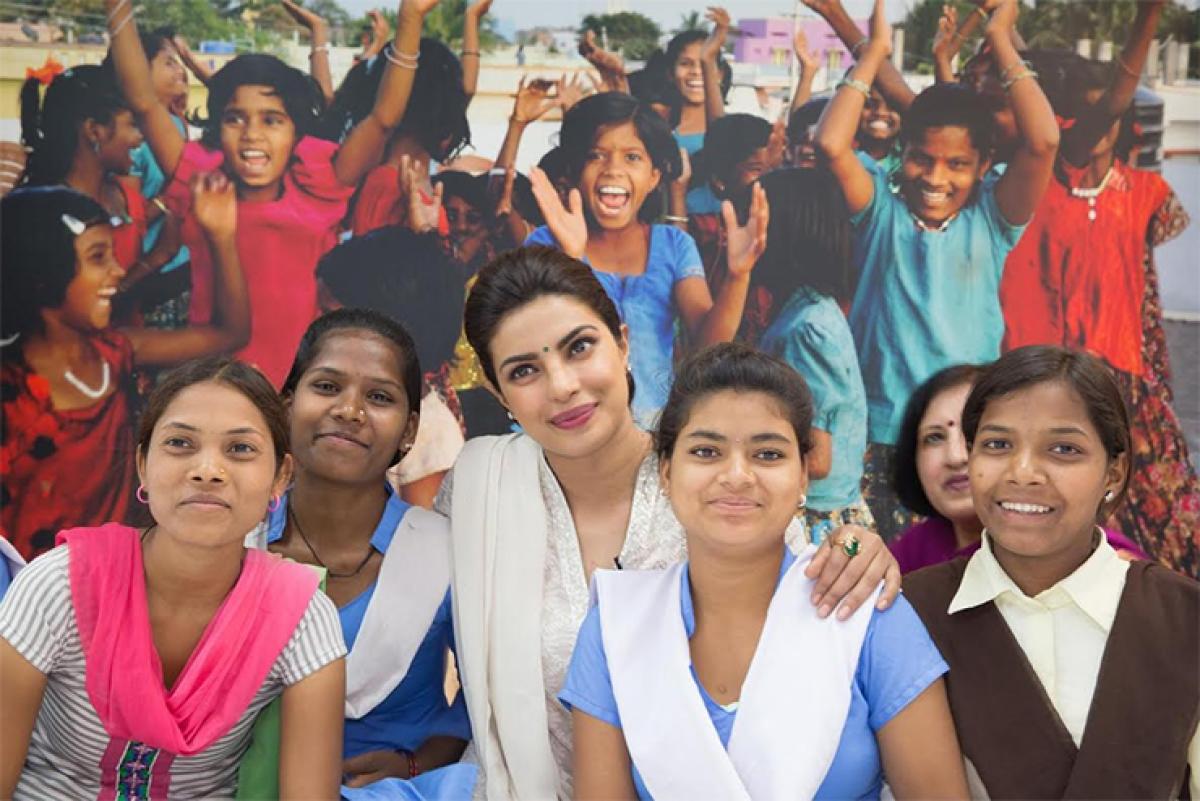Live
- Maruti Suzuki inaugurates 500th NEXA Service touchpoint
- Royaloak Furniture Announces Exciting Year-End Sale providing up to 70% off on all International Furniture & décor products
- Pakistani Girl Murdered in UK: Father and Stepmother Convicted in Sara Sharif Case
- Maha Kumbh Mela: Understanding Its Unique Significance
- YouTube Introduces Real-Time Multiplayer Gaming with Playables
- AUS W vs IND W 3rd ODI: Smriti Mandhana Makes History with Stunning Century in Perth
- CM Revanth Reddy Congratulates Telangana Candidates Advancing to UPSC Interviews
- Collector Inspires Students to Excel Through Discipline, Hard Work, and Smart Work
- District Collector Directs Officials to Expedite Paddy Procurement Process
- SP T. Srinivas Rao Inaugurates State-of-the-Art Volleyball Court for Police Personnel in Jogulamba Gadwal





.jpg)




